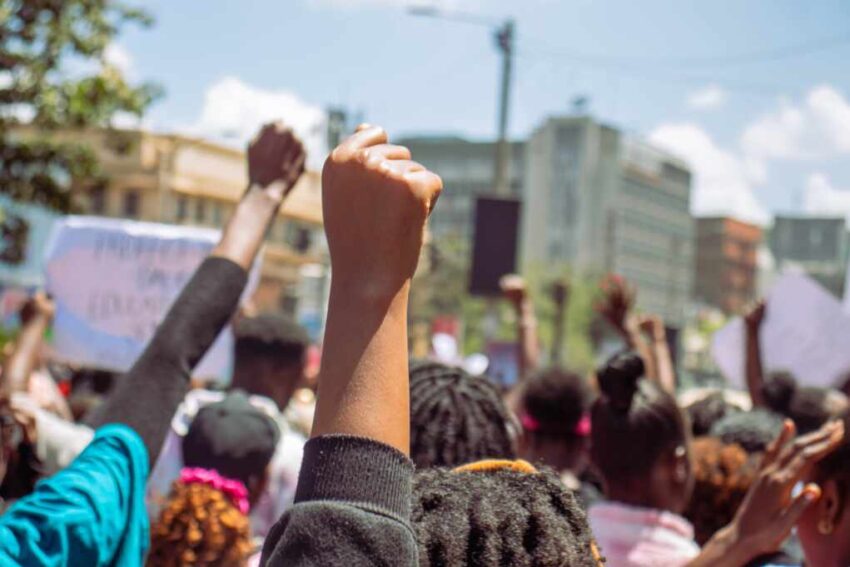The echoes of Kenya’s protests resonate louder than ever, marking the anniversary of the Gen Z movement with renewed vigor against state oppression and police brutality.
At a Glance
- Thousands of Kenyans protested on Wednesday, marking the one-year anniversary of deadly anti-tax demonstrations.
- At least 10 protesters were hospitalized with gunshot injuries in Nairobi as police used tear gas and water cannons to disperse crowds.
- The Communications Authority of Kenya ordered an immediate halt to all live media coverage of the protests.
- Anger over the high cost of living has been fueled by recent outrage over police brutality, including the death of a blogger in custody.
A Renewed March for Justice
One year after a youth-led movement against a controversial finance bill culminated in the storming of parliament and the deaths of over 60 people, Kenyans have returned to the streets. On Wednesday, thousands of demonstrators in cities like Nairobi, Mombasa, and Kisumu marched to commemorate the victims and protest against what they call ongoing government corruption and oppression under President William Ruto.
The protests, however, were met with a heavy-handed response. According to Reuters, police fired tear gas and water cannons to disperse crowds, while major roads into Nairobi’s central business district were barricaded. A source at Nairobi’s Kenyatta National Hospital confirmed that at least 10 people were being treated for gunshot injuries.
A Legacy of Resistance and a Media Blackout
While the anniversary was the catalyst, the protests have been reignited by persistent economic hardship and fresh outrage over police brutality. The recent death of a 31-year-old blogger, Albert Ojwang, in police custody, has become a new lightning rod for public anger. “We are never violent; it’s the police and the hired goons they bring,” one 28-year-old activist, Alex Mukasa, told AFP.
In a move widely condemned as an assault on press freedom, the Communications Authority of Kenya ordered all television and radio stations to immediately cease live coverage of the demonstrations. The directive, reported by Citizen Digital, was slammed by media and rights groups as an unconstitutional attempt to create an information blackout.
International Concern and Government Defiance
The escalating situation has drawn sharp criticism from the international community. In a joint statement, 12 Western embassies, including those of the United States, United Kingdom, and Germany, voiced concern over the use of “hired ‘goons’ to infiltrate or disrupt peaceful gatherings” and urged the government to facilitate peaceful protest.
Kenya’s government pushed back against the diplomatic pressure. As reported by Al Jazeera, the Ministry of Foreign Affairs reminded foreign partners to respect Kenya’s “unique governance contexts.” Political analyst Herman Manyora told the Associated Press that the government’s intransigence has only “hardened the resolve of the young people to keep fighting” for a future free from economic exploitation and state violence.
Click this link for the original source of this article.
Author: Editor
This content is courtesy of, and owned and copyrighted by, https://conservativeamericatoday.com and its author. This content is made available by use of the public RSS feed offered by the host site and is used for educational purposes only. If you are the author or represent the host site and would like this content removed now and in the future, please contact USSANews.com using the email address in the Contact page found in the website menu.







